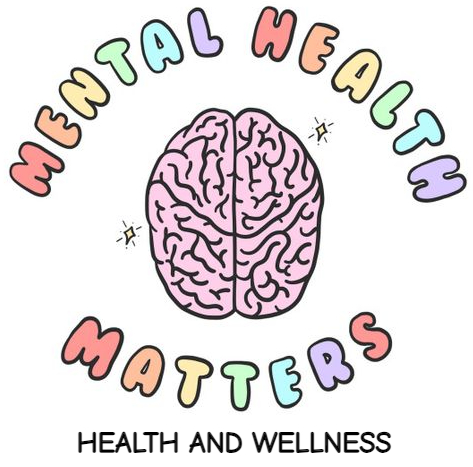
Mental Health Awareness: Nurturing Well-being in Today’s World
Introduction
In recent years, the discourse around mental health has evolved significantly, shedding light on its crucial role in overall well-being. Mental health awareness campaigns have helped reduce stigma, promote understanding, and encourage proactive approaches to mental well-being. This article delves into the importance of mental health awareness, the challenges individuals face, and strategies for fostering a mentally healthy society.
Understanding Mental Health
Psychological wellness includes close to home, mental, and social prosperity, impacting people’s thought process, feel, and act. It is vital at every stage of life, from childhood through adulthood. Good mental health allows individuals to cope with stress, realize their potential, work productively, and contribute meaningfully to their communities.
Conversely, poor mental health can impact daily functioning, leading to difficulties in relationships, work, and physical health. Conditions like depression, anxiety disorders, bipolar disorder, and schizophrenia are among the most common mental health disorders, affecting millions worldwide.
The Importance of Mental Health Awareness

Mental health awareness plays a pivotal role in breaking down barriers to seeking help and support. It involves understanding mental health conditions, recognizing symptoms, and knowing how and where to access resources for support and treatment. By raising awareness, communities can foster empathy, reduce discrimination, and encourage early intervention.
Challenges in Mental Health Awareness
Despite progress, challenges remain in promoting mental health awareness:
- Stigma and Misconceptions: Negative attitudes and misconceptions about mental illness prevent many from seeking help or disclosing their struggles.
- Access to Services: Disparities in access to mental health services, particularly in underserved communities or rural areas, hinder timely intervention and support.
- Cultural and Societal Factors: Cultural beliefs and societal norms may impact how mental health issues are perceived and addressed within different communities.
Strategies for Promoting Mental Health Awareness
- Education and Advocacy: Schools, workplaces, and communities can educate individuals about mental health, symptoms of disorders, and available treatments. Advocacy efforts help influence policy and increase funding for mental health services.
- Breaking Stigma: Open conversations, storytelling, and media campaigns humanize mental health issues, encouraging empathy and understanding.
- Improving Access: Governments and organizations can collaborate to expand access to affordable mental health services, teletherapy options, and crisis hotlines.
- Supportive Environments: Creating supportive environments in schools and workplaces promotes mental well-being. This includes flexible work arrangements, stress management programs, and employee assistance programs.
- Early Intervention: Early identification and intervention can prevent mental health issues from worsening. Regular screenings and proactive mental health check-ups should be encouraged.
Personal Strategies for Mental Well-being
Individuals can take steps to prioritize their mental health:
- Self-care: Engaging in activities that promote relaxation, such as exercise, hobbies, and mindfulness practices.
- Social Connections: Maintaining supportive relationships with friends and family members.
- Seeking Help: Knowing when to seek professional help from therapists, counselors, or psychiatrists.
- Limiting Stress: Managing stress through time management, setting boundaries, and practicing self-compassion.
Conclusion
Mental health awareness is not just a campaign; it is a societal imperative. By fostering understanding, breaking down stigma, and improving access to support, we can create a world where mental health is prioritized and every individual has the opportunity to thrive. As awareness grows, so too does our ability to support one another, creating communities that are resilient, compassionate, and inclusive. Let us continue to advocate for mental health awareness, ensuring that mental well-being remains at the forefront of our collective efforts towards a healthier future.

